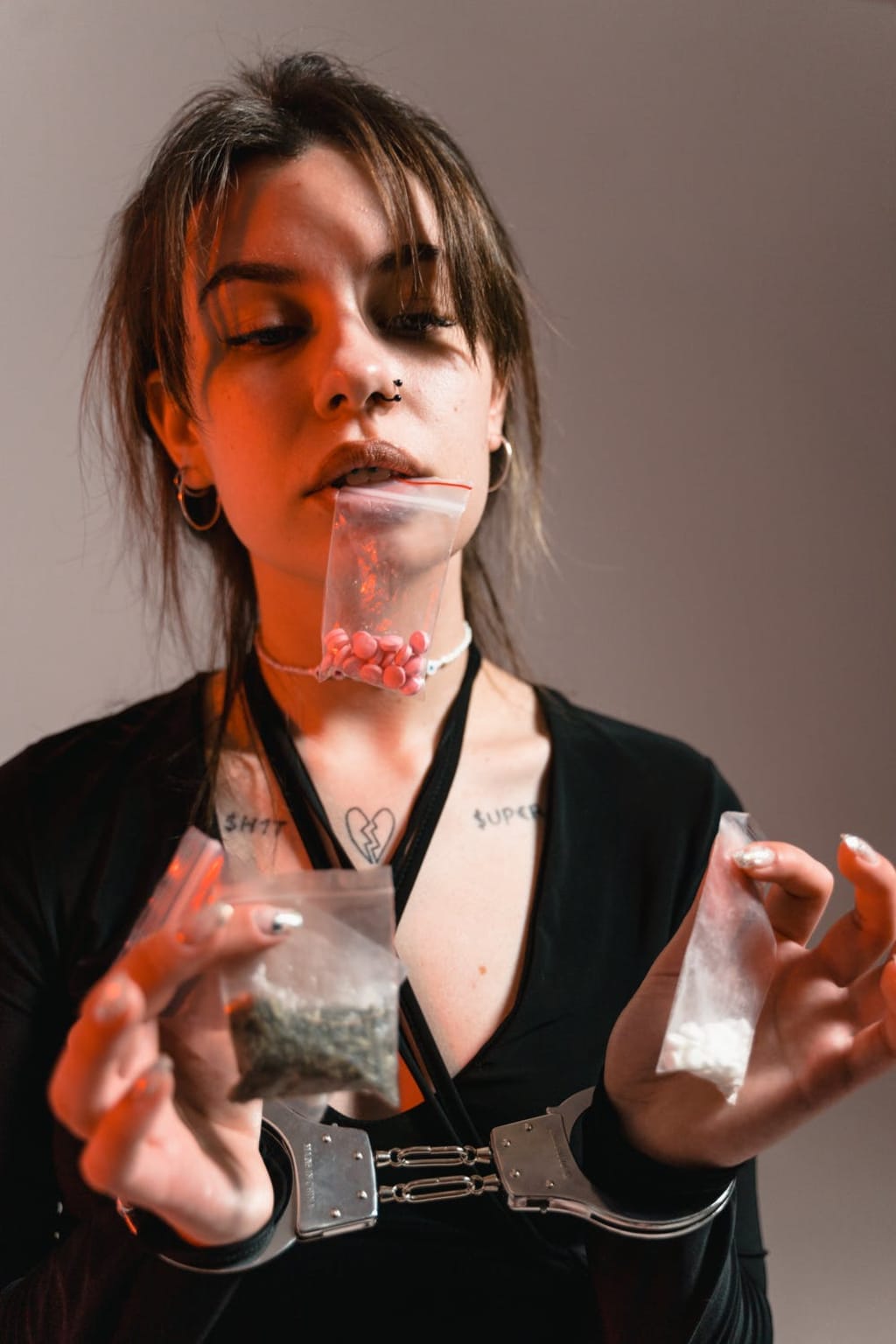
This article examines recent advances in the study of substance addiction and the disease model of addiction to explain the relationship between addiction and impaired brain function and to expand the understanding of substance addiction as a disease. We review the biological bases for addiction, the neurobiological basis of addiction, and the consequences of substance abuse on the functioning of the brain. We also review how socioeconomic and cultural factors may affect substance abuse and addiction.
In this article we will describe the disease model of addiction. According to this model, an individual is addicted when they cannot control their urge to use a substance or if their substance use is in conflict with their values and social expectations. People who suffer from this disease model of addiction are characterized by three common characteristics: compulsive behavior, dysfunctional biochemistry, and dysfunctional interpersonal skills.
According to the disease model of addiction, there are five primary areas of concern. First, the patient's inability to control their behavior is manifested by uncontrollable urge to use a substance, even at the expense of the health and well-being. Second, a dysfunctional neurotransmitter system in the brain causes the patient's craving for the substance. Lastly, an abnormality in regulation of neurotransmitters in the brain causes the addict to experience overwhelming sensations of need for the substance.
With these basic facts in place, it is important to discuss the disease model of addiction with ethical implications. Although these models have been accepted by most professionals and society, many argue that the disease model of addiction is too narrow. According to this model, a person can be addicted to alcohol, nicotine, cocaine, methamphetamine, heroin, food, sex, video games, and so on. However, these substances are not the only substances that addicts can be addicted to. Some argue that because all substances cause similar symptoms when used, there is no reason to distinguish one from the other.
This broad distinction is a problem, however. By drawing a distinction based upon whether or not a substance is abused, we exclude a tremendous amount of potential solutions to addiction. For example, many argue that an individual can be addicted to money because they are constantly worrying about losing their job or spending too much time shopping. In this case, the disease model fails to take into account the many potential solutions to addiction.
Another problem with the disease model of addiction is the narrow focus on brain chemistry and neural pathways. The fact is that different people react to addictive substances in different ways. Some may become highly skilled at avoiding triggers and behaviors that trigger feelings of anxiety or stress, while others may show no signs at all of substance use or addiction. Neurobiological differences among people do make some substances highly addictive, but they do not account for the majority of cases.
With all of this said, it is important to remember that the disease model of addiction is merely a starting point. It will never completely describe a drug user or addict. Addiction does have a physical component, as well as an emotional and psychological component. Therefore, a cure will most likely address both chemical and neurological imbalances, but will also address behavior and personality issues. In short, a cure for addiction will involve addressing both the biology and the psychology of substance use and addiction.
Drug rehab centers and clinics that adhere to this broad definition of the disease model of addiction are able to more effectively serve their patients. However, it is important to remember that these models are just that: beginning points. Treatment options vary enormously from facility to facility, from patient to patient, and from day to day. No model can offer a cure for addiction. What it can offer is a path toward recovery, and that is ultimately the most important goal. Both science and art can be a tremendous help in the journey toward recovery, but they are certainly no substitute for the services of trained physicians and other professionals.






Comments
There are no comments for this story
Be the first to respond and start the conversation.